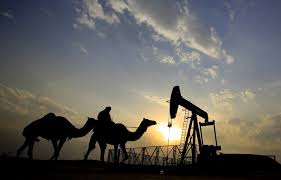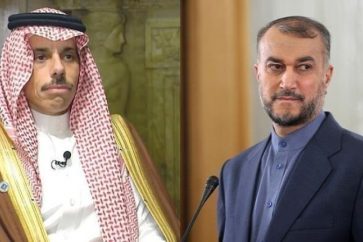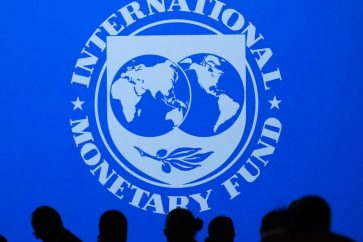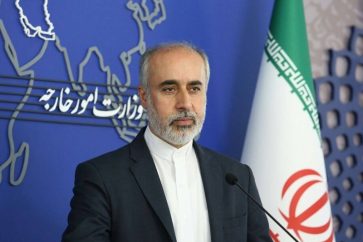The International Monetary Fund (IMF) has warned that Gulf states will be at risk of their oil wealth vanishing in the next fourteen years if they fail to undertake further economic reforms.
In a study released earlier this week, the IMF claimed that “at the current fiscal stance, the region’s financial wealth could be depleted by 2034” or even faster, turning the region into a net borrower.
The study specifically referred to the Gulf Cooperation Council (GCC) of Bahrain, Kuwait, Oman, Qatar, Saudi Arabia and United Arab Emirates, which accounts for a fifth of the world’s crude supplies.
“Ongoing reforms are moving the GCC region in the right direction, but they need to accelerate,” the IMF stressed, praising most GCC states’ drive to embark on economic diversification and reform programs that include subsidy cuts, raising power prices and even introducing value-added tax and other forms of taxation.
Apart from the diversification, the reforms should include reductions in government expenditure and the introduction of broad-based taxes.
Additionally, the GCC will have to reform their massive civil service sectors, and reduce public wage bills, according to the IMF.
At the same time, the global lender cautioned that the proposed measures “would have a multitude of socio-economic consequences affecting employment, household incomes, and business confidence and investment”.
The reforms are expected to come as the global energy market goes through a fundamental change, with climate change-related concerns prompting the world to shift to renewable sources, according to the study.
“This outlook spells a significant fiscal sustainability challenge for the GCC region”, which the IMF said should brace itself for long-term lower hydrocarbon demand and lower energy prices.
Source: Sputnik




